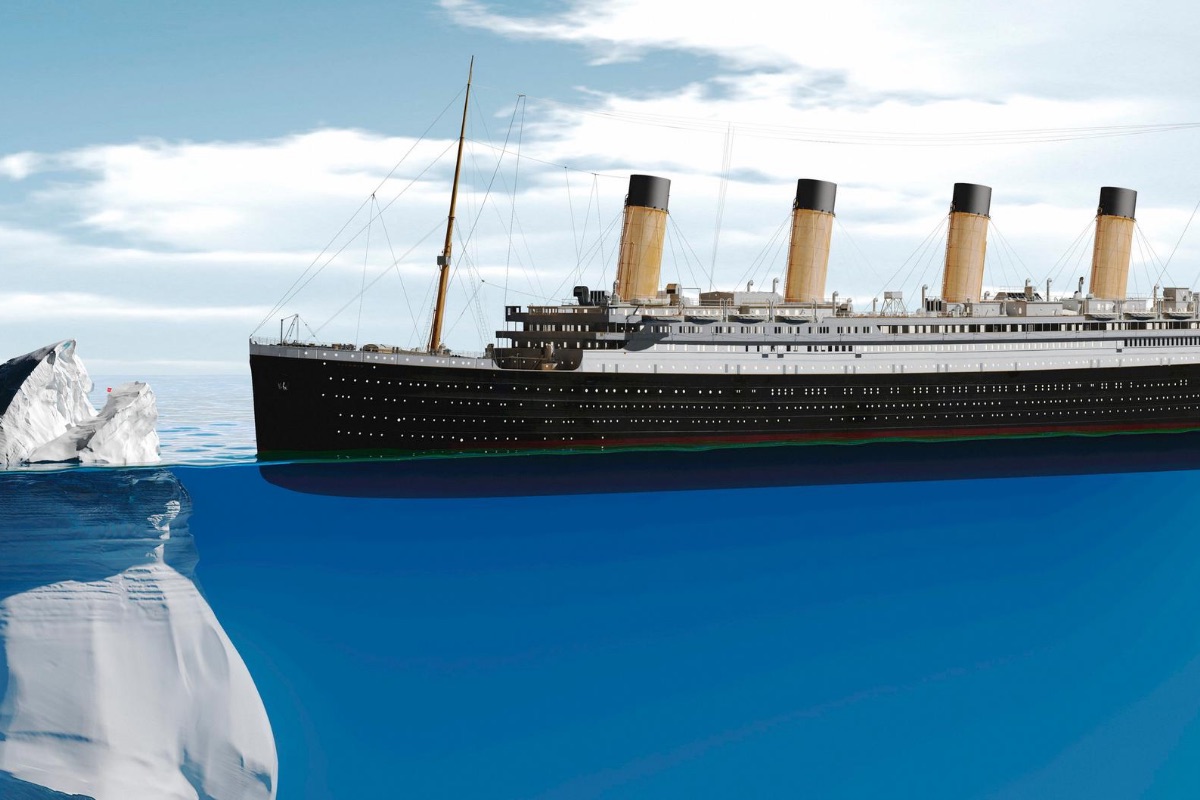
Doing the inner work that can help us chart our own course professionally (rather than having our path dictated to us by outside forces) has become vital during the pandemic.
The skills many of us have depended on to achieve our personal goals and realize our professional ambitions when it’s “business as usual” are not the same skills we need to address the unprecedented change and disruption we’re facing today.
As a career coach, I help people from all walks of life clarify what’s most important to them, and I support their efforts to invest their priceless resources of time and energy in a way that reflects these genuine priorities.
We are living in a period of historic change in which one simple fact unites us: We all have more questions than answers.
Thus, I know that my job isn’t to get clients to listen to me. My job is to help them develop the confidence they need to trust their own decision-making process — particularly under pressure.
My work creating the “Lifeboat Process” stems from the simple fact that, at a human level, we all have a lot to learn from survivors of the Titanic (or any disaster) as we grapple with unexpected change.
One of these lessons is how vital it is to make a shift from the “self-help” mindset, where we’re focused on our individual concerns and advancement, to the “us-help” mindset, where we balance our personal goals with a commitment to the greater good.
My delightful conversation with Judy on the Finding Your Bliss podcast models the spirit of “us-help” in action, and I hope you will get a chance to listen.
Judy guided me through a discussion of what led me to write my new book Lifeboat: Navigating Unexpected Career Change and Disruption, which launches on 4 August 2020.
Aboard the Titanic, people from all walks of life were plunged into a situation that they couldn’t have imagined in their wildest dreams. The timeless lessons we can all glean from the Titanic story relate to how crisis affects people — how they see themselves, how they interact with one another, and how they respond as a group when faced with abrupt and potentially catastrophic change.
These lessons impact every facet of our lives — from setting boundaries in our home so we can stay focused on our jobs, to negotiating conflict on the job in a way that fortifies our personal integrity rather than diminishing it.
The stories of Titanic survivors prompt us to wonder:
- How bad will this get?
- Who can I trust to help me survive?
- How will experiencing this challenge change me?
Much like the passengers on the Titanic, we are experiencing a situation in which the currents of change in our personal and professional lives are running together and creating new beginnings for us all.
Like it was for the Titanic passengers, we can’t be sure how long it will take for help to arrive. The “Lifeboat Process” is designed to help us all evolve beyond limiting beliefs, and to cultivate the emotional resilience to go the distance, using the lessons at the heart of our current challenges as a catalyst for personal transformation.
The “Lifeboat Process” teaches us that whatever we accomplish in our lives and careers, none of us do it alone.
We’d love to hear from you! Please send us your suggestions for future articles. And if you’re a writer, please see our writer’s submissions page for details.

